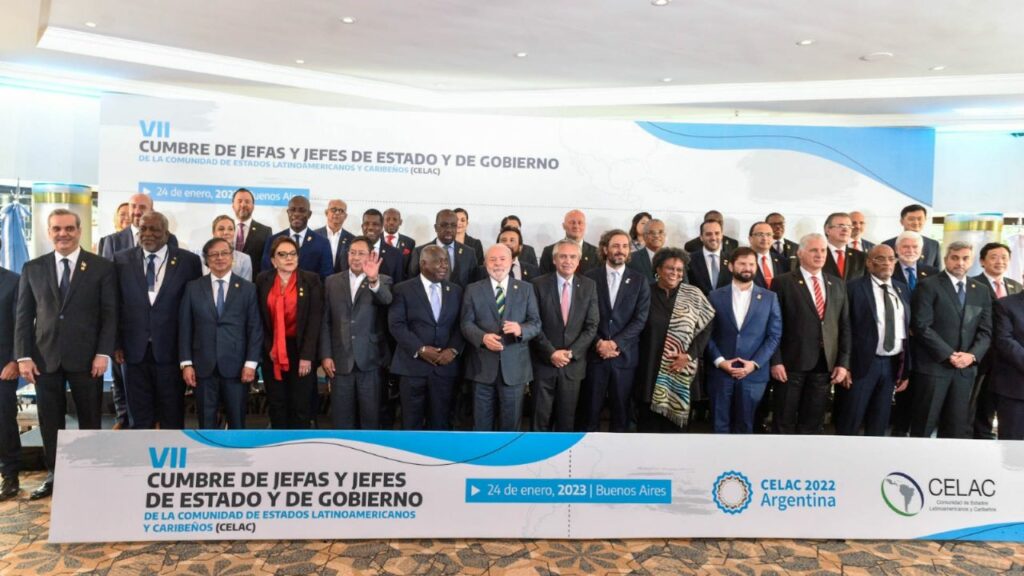The audiovisual industry moves around US$ 100 billion in the world and the question is whether Uruguay can play in those big leagues. For businessman Fernando Espuelas, a Uruguayan who has lived in the United States for decades, the opportunity exists but some mental barriers must be overcome. In turn, he believes that there must be an incentive plan for the sector. In this sense, the creator of Starmedia – the first Internet site in Spanish – explores the possibility of creating a Fund that allows the country to become an audiovisual hub for the region and the world.
Espuelas predicts a broad panorama of development based on Uruguayan talent, on the capacity of businessmen and technicians who are already working in the sector, but emphasizes that education and training processes, such as the University of the Republic itself, must take a closer look at this future.
What is this possibility of a Fund to encourage the takeoff of the audiovisual industry?
Uruguay is very well positioned in the world to be that Hub, that content development platform. We are in a world where today content has become a gigantic industry worldwide. And what is mainly sought is high-quality content that can transcend borders and reach the entire world. And I believe that Uruguay, whose most important wealth is the Uruguayans through their quality, the intellectual capacity that we have, has an enormous opportunity. We must take this current of Uruguayan stories that have traveled the world and that allows us to affirm that the opportunity is important and real. But obviously you have to have a focus to achieve it, and you have to have a vision towards the world.
Fernando Spurs
Is that vision missing?
In other words, we need to put aside that we are the little country and we cannot do great things. Upside down! I think we have the possibility of projecting something very important and of international impact.
This implies a road map, an agenda. What points should be marked as priorities?
I think that the previous government as well as the current one had and still have a very similar vision regarding how to generate audiovisual productions from Uruguay. And I think that should be mentioned as success, although the production industry in Uruguay is still really microscopic. It must be remembered that it is below US$100 million, when the global industry represents an economic movement of US$100 billion. So I think that there is a long way to go before we can generate that critical mass of productions in Uruguay so that it is an industry that can employ a lot of people. Other than that, I think everything is heading in the right direction. What I also think is missing are entrepreneurs who are seeing Uruguay as that platform.
In fact, there is the Uruguay Audiovisual Program (PUA), which among its main tasks is to promote these conditions, as well as the strengthening that it intends to give to the Uruguayan Film and Audiovisual Agency (ACAU), which will be chaired by Facundo Ponce de León. But is it still missing? You insist on exploring the potential offered by the link with US industry.
Of course, because the United States in the world of the global audiovisual industry has become the main axis. In the past, the productions were all in English and the big world movies were mainly in English, those that sold a lot all over the world. That has changed, the language is no longer a barrier. What is necessary is to understand what buyers in the US want. I think that the era of creating little films in South America with very particular and very local stories is likely to continue, but that is not the way forward.
Another important point is the training of talents for this takeoff. What do you see there?
I think there are two main dynamics there. Of course there are people who are already working in the industry today, who are very valuable and are the beginning of that human production base. But I think that it is also missing here and it would be interesting to know what the University of the Republic is doing, if it is thinking of new careers that can allow the training of people for this sector. And of course consider what incentives the government can create for people to prepare for this type of race.
A stimulus plan that guides those skills
You have to change your mind in many aspects. Naturally I have always been optimistic about Uruguay in every sense, but in particular I am very optimistic for this case, because creativity is what we have left over. Therefore, now that creativity must be focused on an industry with powerful growth in the world and that we cannot ignore.
Taking that Uruguay brand as a reference?
Well, I think that the Uruguay brand, the country brand, is missing something. I think there is awareness about the importance of the brand, but I think that this is something that the government has to become aware of on this national issue: it has to invest so that Uruguay is better known in the world. And not simply for meat, tourism, anyway, but as a center, a very powerful technological platform. I believe that this is what we lack for the United States, Europe, and Asia to see us as a high-level partner that they can count on for the development of the industry.

















